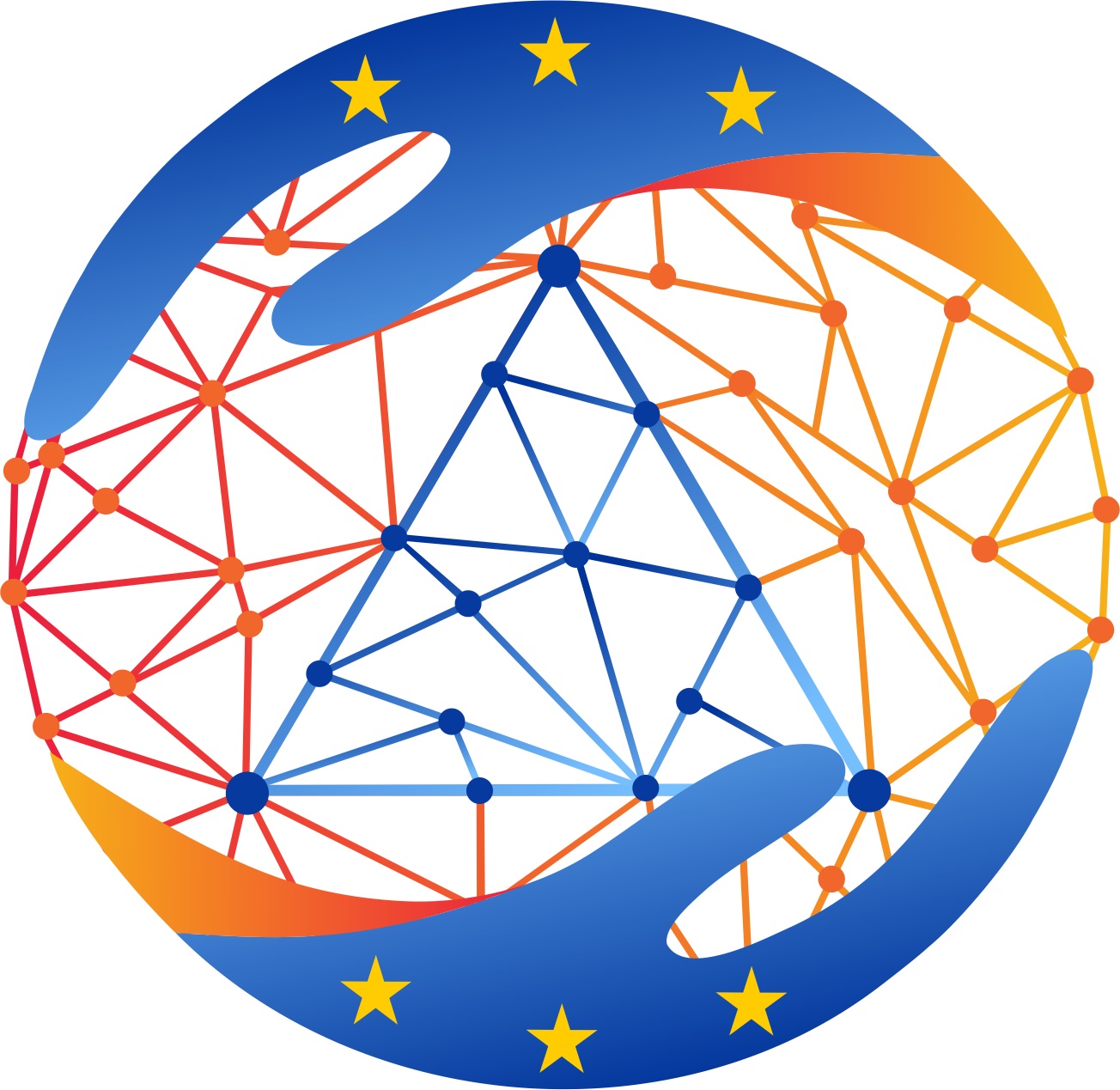Project, process, network, platform; ongoing since 2019, constantly reviewed and renewed milestones
EUSDR Priority Area(s): PA 5 Environmental Risks
Extending the cooperation and joint efforts of the countries in the Danube Region presents an opportunity for reaching a common understanding and for developing standards regarding the management of environmental risks. Developing recommendations for the involvement of civil protection organisations and fire and rescue services involved in disaster management would encourage standardised response activities.
The Disaster Management Working Group (DM-WG) was established in 2019 to concentrate on emergency response and preparedness elements of managing environmental risks which are within the scope of EUSDR PA 5.
Objectives:
- Provide a platform for cooperation between relevant stakeholders of the 14 Danube Region countries in the field of disaster management;
- Cooperate with International Commission for the Protection of Danube River (ICPDR) in all activities concerning water management to achieve good synergy and to contribute to their efforts from a disaster response viewpoint;
- Support the European Union Civil Protection Mechanism (UCPM) coordinated by the Directorate-General for European Civil Protection and Humanitarian Aid Operations (DG ECHO) in cross-border and regional level disaster management with the involvement of authorities and (volunteer) non-governmental organisations;
- Trigger discussions and activities concerning disaster preparedness and response elements in the management of environmental risks;
- Work on the development of recommendations for volunteer organisations involved in disaster response in the Danube Region;
- Focusing on the development and adaptation of “Minimum standards for civil protection organisations and fire and rescue services involved in international or cross-border disaster response in the Danube Region” at policy and at operational levels;
- Identify existing practices and procedures to minimise duplications.
Need and (expected) impact: In order to improve the cooperation between volunteers and government agencies during international (cross-border and regional) disaster response in the Danube Region, the following policy recommendations were developed that can help to promote effective collaboration between these groups. The recommendations are targeting strategic decision-makers on a macro-regional as well as national level.
Policy recommendations for the implementation of a macro-regional disaster management framework in the Danube Region:
- Volunteer registration and management: Having a clear and efficient system in place for registering and managing volunteers can help to ensure that their skills and abilities are effectively utilised in disaster response efforts. This registration should be linked to a management system that allows the coordination and integration of volunteer work into the overall disaster response plan.
- Training and education: Providing harmonised training and education to both volunteers and government agencies can help to improve their understanding of their roles and responsibilities during flood response and to work together effectively.
- Clear communication and coordination: Establishing clear communication channels between volunteers and government agencies can help to ensure that information is shared effectively and that both groups are aware of the overall response plan.
- Cross-sectoral cooperation: Ensuring close cooperation with the flood risk management sector especially in the areas of the flood risk assessment, flood risk and hazard mapping, flood risk reduction by programmes of measures, flood forecasting and warning, strengthening resilience and awareness raising.
- Regular exercise: Conducting regular exercises (field and table-top) can help to test and improve the coordination and collaboration between volunteers and government agencies in disaster response efforts.
- Risk and vulnerability assessments: It’s crucial to have a comprehensive understanding of flood risks and vulnerabilities, and to use this information to guide flood response planning and preparedness.
- Flexible funding and resource allocation: Governmental and non-governmental agencies, which are involved in response activities, should have flexible funding mechanisms that allow them to quickly and efficiently allocate resources, including funding, to support volunteer efforts, including equipment, transportation and training.
- Recognition and appreciation of volunteer work: Recognising and appreciating the work of volunteers can help to foster a culture of volunteerism and civil engagement, which can help to ensure that volunteers are willing and able to respond to future disasters.
- Insurance and liability protection: governments should provide insurance and liability protection to volunteers in case of accidents or injuries that may happen during the volunteer work.
- Development of standard operating procedures (SOP) for cross-border/macro-regional deployment of volunteer rescue units.
- Strengthen knowledge sharing: Maintenance of macro-regional network of focal points and a knowledge portal to share online material (terminology, e-learning, reports and studies), as well as knowledge exchange opportunities (training of trainers, exchange of experts).
Macro-regional dimension: Austria, Bosnia and Herzegovina, Bulgaria, Czechia, Croatia, Hungary, Romania, Slovakia, Slovenia, Serbia
Inter-regional dimension: EU Strategy for the Baltic Sea Region Policy Area Secure, Greater Region
Stakeholders involved:
- National-level governmental disaster management organisations
- National-level non-governmental organisations from the field of disaster management
- Research institutes and universities in the field of disaster risk reduction and climate change
- Municipalities, county-level councils
- Rescue organisations
- Water management organisations
- Macro-regional cooperation
- Micro-regional cooperation
Budget and Funding:
- Horizon 2020, DAREnet, EUR 3 500 000
- EU (DG ECHO), DiMaND, EUR 341 608
- EU (DG ECHO), PROFOUND, EUR 631 954
- International Visegrad Fund, Wildfirex, EUR 26 980
- Western Balkan Green Centre, PREP-R, EUR 49 301 400
- INTERREG SKHU, RISKHUB, EUR 395 129
- DTP, WACOM, EUR 1 570 581
- DRP, SAFETY4TMF, EUR 2 458 382
- INTERREG SIHU, RISKHUB II., EUR 789 705
- INTERREG CE, LOCALIENCE, EUR 2 040 000
- DRP, InDiMaND, EUR 1 915 120
Further information:
- https://environmentalrisks.danube-region.eu/
- https://disastermanagement-danube.net/
- https://www.facebook.com/DiMaNDnetwork
- http://darenetproject.eu/
- http://profoundexercise.eu/
- https://www.facebook.com/ProfoundExercise
- https://www.facebook.com/riskhubproject
- https://www.facebook.com/indimandnetwork
Contact: Zsolt Kelemen, Tűzoltó Szövetség Budapest – Hungary,

>> Download Certificate 2022 <<
>> Download Certificate 2023 <<




